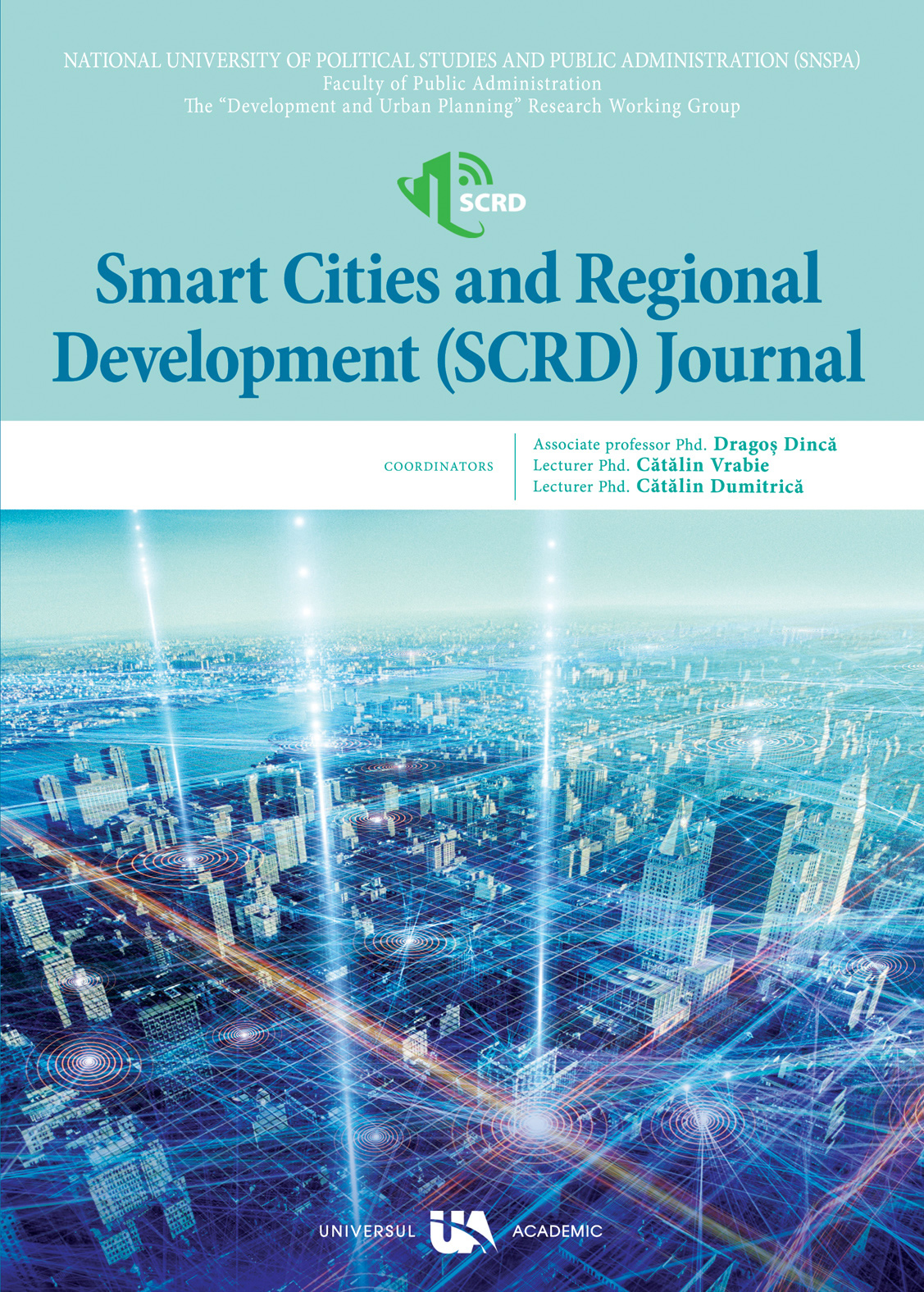The smart cities are implemented
The smart cities are implemented
– Are citizens also "smart"?
Author(s): Robertina Zdjelar, Robert KelemenSubject(s): Economy, Law, Constitution, Jurisprudence, Adult Education, ICT Information and Communications Technologies, EU-Legislation
Published by: Editura Pro Universitaria
Keywords: e-skills; e-inclusion; education infrastructure; Lifelong Learning; Eurostat;
Summary/Abstract: 54+ e-inclusion rate is extremely low in numerous EU countries. According to the Eurostat database only 2-3 EU countries have achieved an exceptionally high rate of digital literacy and e-inclusion of citizens 54+. All the far-reaching digital literacy measures for citizens aimed at adapting to the new digital model of society and economy have not included all those citizens who are no longer on the labor market and, consequently, do not have the access to ICT education and e-skills development process. We have entered the period of the 4th Industrial Revolution which implies digital transformation. Transformation expansion necessarily requires the change of society behavior, that is, the behaviour of its citizens.The efficiency of available electronic services, both commercial (ensuring profitability) and public (providing cheaper and faster public services), is also lower than expected. The viability of investing in the aforementioned services becomes questionable as the businesses and public administration need to maintain new infrastructure to provide digital services and simuntaneously they need to maintain conditions for providing already established old-fashioned non-digital services, which certainly leads to double costs of doing business. It is also important to note that the number of electronic service users who are 54+ years old is extremely low. Prior work: Many research results have been published on society networks research, but almost none of them have been conducted as a real scientific experiment that can show the way to successfully transmit the knowledge to 54+ which will enable them to develop e-skills. Results: The authors will present the possibilities of carrying out an experiment that will clarify the methods of developing 54+ e-skills in efficient ways. Value: The scientific contribution of the experiment is to determine the way to achieve the efficient increase in the rate of e-inclusion and digital literacy of citizens 54+ by using public education infrastructure.
Journal: ORAȘE INTELIGENTE ȘI DEZVOLTARE REGIONALĂ
- Issue Year: III/2019
- Issue No: 01
- Page Range: 47-62
- Page Count: 17
- Language: English

